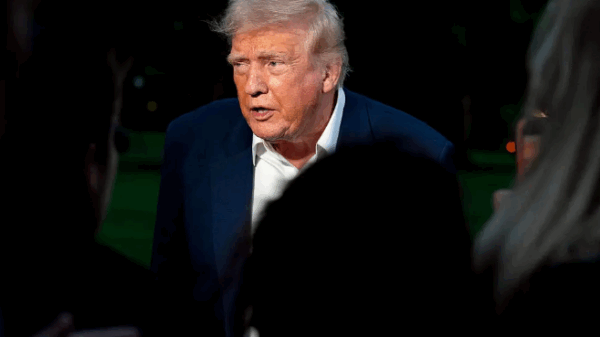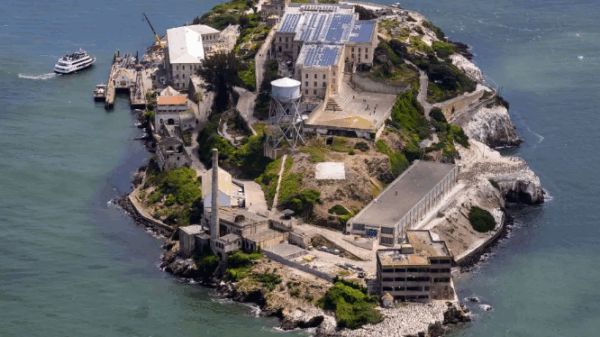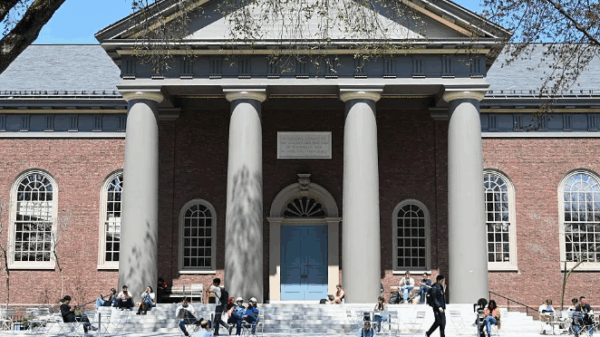Prime Minister Anthony Albanese has declared victory after leading Australia’s Labor Party to a resounding re-election, vowing to deliver a “disciplined, orderly” government in response to rising living costs and global trade tensions.
Albanese, 62, returned to his old neighbourhood in inner Sydney on Monday, greeted by applause from local residents as he visited Cafe Italia, a personal landmark from his youth. Accompanied by his fiancée Jodie Haydon and surrounded by swarms of journalists, the Prime Minister celebrated the result with a relaxed air, even handing out ice cream to reporters.
With most votes counted, Labor is projected to secure at least 83 of the 150 seats in the House of Representatives, comfortably clearing the threshold for a majority. The opposition Liberal-National coalition, led by Peter Dutton, has suffered a devastating blow, reduced to just 38 seats. Seventeen seats remain undecided, while minor parties and independents have taken 12.
“We will be a disciplined, orderly government in our second term,” Albanese told reporters. “We’ll work hard each and every day to deliver for Australians.”
Albanese’s commanding victory caught even senior party figures off guard. “It was beyond even our most optimistic expectations,” said Treasurer Jim Chalmers. “It was a history-making night.”
The Prime Minister’s platform focused on easing the cost-of-living crisis, investing in healthcare, boosting renewable energy, and addressing housing shortages. In contrast, Dutton’s campaign — which included proposals to cut immigration, reduce public service size, and lift the ban on nuclear energy — failed to gain traction with voters.
Dutton, a former police officer often likened to Donald Trump for his hardline policies, suffered the rare political embarrassment of losing his own parliamentary seat. In a concession speech, he accepted responsibility for the result: “We didn’t do well enough during this campaign. That much is obvious tonight and I accept full responsibility.”
Analysts say economic anxiety, including fallout from global trade tensions and rising consumer prices, played a pivotal role in Labor’s success. “In times of instability, voters tend to back a steady incumbent,” said Henry Maher, political analyst at the University of Sydney.
Albanese now faces the challenge of delivering on his promises while managing external pressures such as international tariffs and domestic inflation. But for now, his decisive win signals a strong public mandate for stability, reform, and a renewed social contract.









































